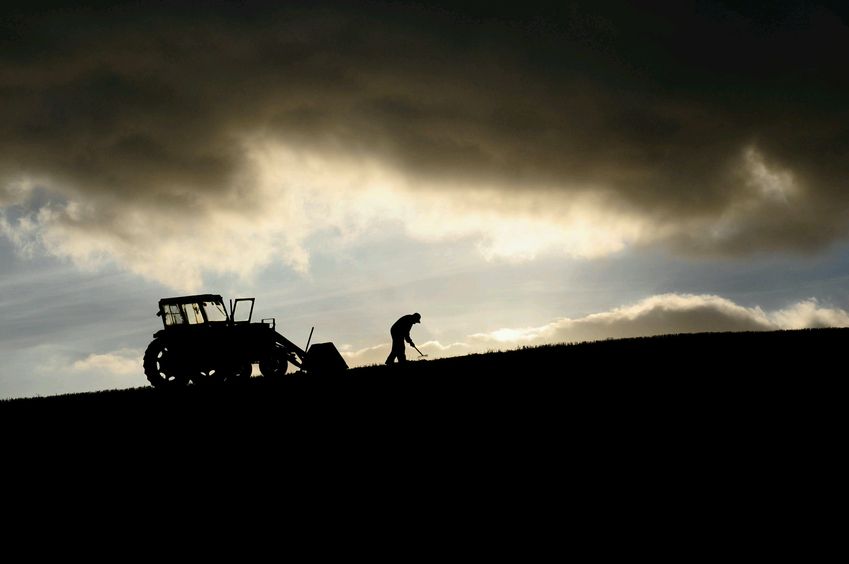
The UK is lagging behind developing countries in the process of making agriculture more sustainable, according to a new global assessment.
The research paper, published in the Nature Sustainability, shows that more than 163 million farms world-wide (29% of all worldwide) are incorporating some form of sustainable intensification on 453 million hectares of agricultural land.
Significantly, the study shows that developing countries such as West Africa, India and Bangladesh are more willing to redesign their systems and adopt sustainable agriculture practices to boost food production and biodiversity.
But it highlights that the UK is lagging behind other countries in terms of introducing more sustainable agricultural practices.
The paper has persuaded the UK government to do more to encourage the farming industry to redesign systems for both environmental and production benefit.
A worldwide example of redesign is organic agriculture, which is showing an increase globally with the largest number of organic farmers in India, Ethiopia, Mexico and Uganda; while the largest organically farmed areas are in Australia and Argentina.
The UK has seen a 6% growth in the organic market, with dairy products and meat taking the lead.
'Tipping point'
Professor Nic Lampkin, Chief Executive of the Organic Research Centre and one of the authors of the report, said the UK has reached a "tipping point" in agricultural production.
"It is evident that we need urgent change to protect our environment as well as providing healthy, nutritious food but Government needs to give farmers the right tools to implement change," he said.
“Our research identified that the organic sector is showing positive global growth and now occupies 58 Million ha worldwide representing a 55% increase in the number of organic producers, to 2.7 million, and a doubling of organic area in the last decade."
Although many UK farmers are now investing in some form of sustainable intensification to improve their soil, protect water resources, boost biodiversity and improve production, the study highlights that the UK needs to catch up with developing countries.
Prof Lampkin added: "If we are to remain competitive with the rest of the world, we need urgent action from Government to give farmers the courage to innovate and feel confident that policies are in place to train, support and fund the redesign of agricultural systems."
'Global agricultural challenge'
The global agricultural challenge is significant: world population will continue to grow from 7.6 billion in 2018 to 10 billion by 2050.
The research authors major hope is that system redesign can begin to feed this rapidly growing population.
However, they say it will only commence truly if farmers are given supportive national and international policies to succeed.
The research assessed global progress towards sustainable intensification in areas such as integrated pest management, conservation agriculture, integrated crop and biodiversity, pasture and forage systems, trees and agroforestry, irrigation management and small patch systems such as allotments.
The paper involved leading authors from 17 universities and research institutions in the UK, including the Organic Research Centre, as well as researchers in the USA, Sweden, Ethiopia and New Zealand.
